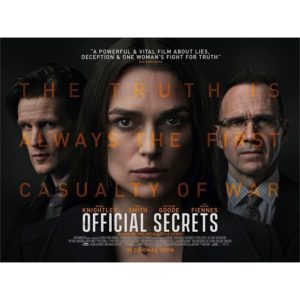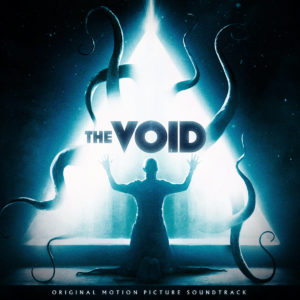This past Saturday was the second Secret Morgue a marathon of horror film presented at the theater in the ComicCon Museum by Film Geeks San Diego. Last year the theme of the marathon was VHS horror, films of the 70s and 80s that you may have discovered at your local video rental store back when that was a thing. This year’s theme was SF horror with an emphasis on aliens. As has become the tradition the selection is film presented is kept secret with the schedule providing a chronology that gives the starts and stop films of each film and the breaks for snacks but no titles. (The running times did allow me to eliminate the possibility that one of the films would be Mario Bava’s Planet of the Vampires.)
In order of presentation here are the films that were screened.
The Space Children
The Hidden
XTRO
Night of the Comet
Without Warning
I Come in Peace
Galaxy of Terror
There was a bonus feature but I simply could not muster the energy for that and left after the end of the seven-feature run. Of the films in the marathon I had previously seen two of them, The Space Children and Galaxy of Terror and the rest were known to me but for various reason had remained outside of my personal viewing history. This is a departure from last year’s run when I had seen none of the films screened. Of the film I think Night of the Comet was likely the best made and the most entertaining while Without Warning proved to be a chore to endure and I could not recommend it to anyone at all.
The food/snacks this year included a buffet of Indian Food, Pizza, and bakery bread with some green sauce that I did not try.
I adore Film geeks San Diego and everything they do to expand interesting cinema experiences in my town and I am looking forward to next year’s Secret morgue with its theme of ‘The Undead.’



